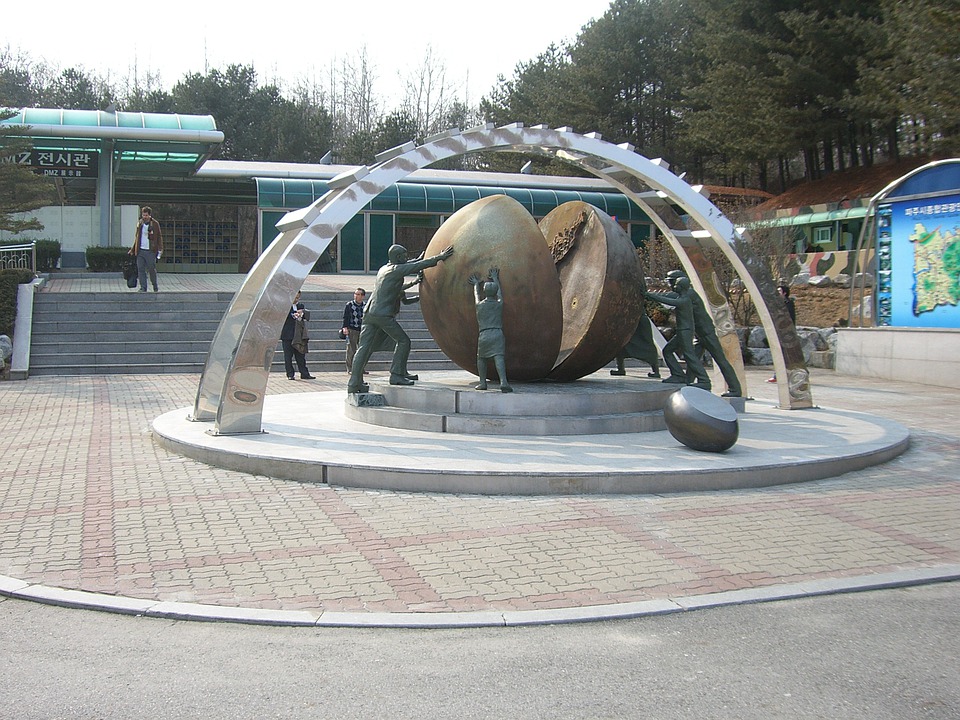South Korean prosecutors reopened a probe regarding the events surrounding the forced repatriation of two North Korean fishermen who attempted to defect to the South back in 2019. The country’s unification ministry revealed that two out of the 200 North Korean fishermen were forcibly repatriated.
The data from South Korea’s unification ministry, which oversees relations with North Korea, showed that among the nearly 200 North Korean fishermen who attempted to defect over the years since 2010, only two were forcibly deported back in 2019.
Since 2010, 276 North Koreans have traveled to the South on 67 occasions, either going adrift at the sea border or being detained after violating the border. Of all of those, 194 returned home, while 82 defected to South Korea. Only two fishermen were designated as “expelled.”
The data surfaced after prosecutors reopened a probe into the case of the two fishermen in the midst of public backlash over the administration of now-former President Moon Jae-in and his handling of their constitutional and human rights.
South Korean authorities usually question all the North Koreans detained or found in the South about how and why they crossed the border. They repatriate those who wish to go back.
Officials in the Moon administration said the two expelled fishermen did not deserve the South’s protection and resettlement support and described them as “grotesque criminals” who killed 16 of their colleagues in a fight on a ship before they crossed the border.
However, human rights and legal experts criticized the forced repatriation of the two fishermen. They said the Moon administration violated the rights of the fishermen by sidestepping their rights to due process. The South Korean constitution defines all North Koreans as citizens of the South.
Last week, South Korean officials said the upcoming high-level visit by foreign minister Park Jin to Japan would help start discussions aimed to make a breakthrough in the historical disputes between the two countries despite concerns following the assassination of former Japanese Prime Minister Shinzo Abe that may change Japan’s policies.
This comes as South Korean President Yoon Suk-yeol has pledged to improve ties with Japan as relations between both countries have been strained, stemming from Japan’s occupation of Korea from 1910 to 1945.



 Trump Signs Executive Order Threatening 25% Tariffs on Countries Trading With Iran
Trump Signs Executive Order Threatening 25% Tariffs on Countries Trading With Iran  Trump Congratulates Japan’s First Female Prime Minister Sanae Takaichi After Historic Election Victory
Trump Congratulates Japan’s First Female Prime Minister Sanae Takaichi After Historic Election Victory  Ohio Man Indicted for Alleged Threat Against Vice President JD Vance, Faces Additional Federal Charges
Ohio Man Indicted for Alleged Threat Against Vice President JD Vance, Faces Additional Federal Charges  Sydney Braces for Pro-Palestine Protests During Israeli President Isaac Herzog’s Visit
Sydney Braces for Pro-Palestine Protests During Israeli President Isaac Herzog’s Visit  Trump Signs “America First Arms Transfer Strategy” to Prioritize U.S. Weapons Sales
Trump Signs “America First Arms Transfer Strategy” to Prioritize U.S. Weapons Sales  Japan Election 2026: Sanae Takaichi Poised for Landslide Win Despite Record Snowfall
Japan Election 2026: Sanae Takaichi Poised for Landslide Win Despite Record Snowfall  New York Legalizes Medical Aid in Dying for Terminally Ill Patients
New York Legalizes Medical Aid in Dying for Terminally Ill Patients  Trump Says “Very Good Talks” Underway on Russia-Ukraine War as Peace Efforts Continue
Trump Says “Very Good Talks” Underway on Russia-Ukraine War as Peace Efforts Continue  Trump Administration Appeals Court Order to Release Hudson Tunnel Project Funding
Trump Administration Appeals Court Order to Release Hudson Tunnel Project Funding  Bosnian Serb Presidential Rerun Confirms Victory for Dodik Ally Amid Allegations of Irregularities
Bosnian Serb Presidential Rerun Confirms Victory for Dodik Ally Amid Allegations of Irregularities  Trump’s Inflation Claims Clash With Voters’ Cost-of-Living Reality
Trump’s Inflation Claims Clash With Voters’ Cost-of-Living Reality  Trump Backs Nexstar–Tegna Merger Amid Shifting U.S. Media Landscape
Trump Backs Nexstar–Tegna Merger Amid Shifting U.S. Media Landscape  TrumpRx.gov Highlights GLP-1 Drug Discounts but Offers Limited Savings for Most Americans
TrumpRx.gov Highlights GLP-1 Drug Discounts but Offers Limited Savings for Most Americans  U.S.-India Trade Framework Signals Major Shift in Tariffs, Energy, and Supply Chains
U.S.-India Trade Framework Signals Major Shift in Tariffs, Energy, and Supply Chains  Nicaragua Ends Visa-Free Entry for Cubans, Disrupting Key Migration Route to the U.S.
Nicaragua Ends Visa-Free Entry for Cubans, Disrupting Key Migration Route to the U.S.  Jack Lang Resigns as Head of Arab World Institute Amid Epstein Controversy
Jack Lang Resigns as Head of Arab World Institute Amid Epstein Controversy  Pentagon Ends Military Education Programs With Harvard University
Pentagon Ends Military Education Programs With Harvard University 































